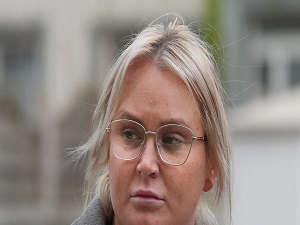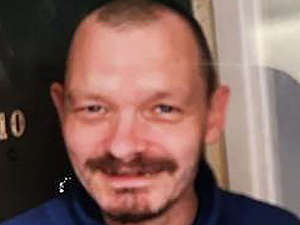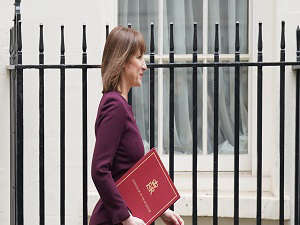
By Rebecca Black, PA
An inquiry into concerns over the work of a consultant neurologist has been continuing despite having to halt witness sessions due to the pandemic.
The Independent Neurology Inquiry was established following the recall in May 2018 of thousands of patients of Dr Michael Watt at the Royal Victoria Hospital in Belfast.
A meeting of the Stormont Health Committee heard that the General Medical Council (GMC) now believes it has sufficient evidence to progress its primary case relating to Dr Watt’s clinical skills in order to protect future patients.
Brett Lockhart QC, chairman of the Independent Neurology Inquiry, appeared before the meeting to give an update on its work.
“The aim of this report is in identifying problems to ensure patients’ safety is enhanced and outcomes are improved,” he told MLAs.
He said the interruption to the hearing of evidence due to coronavirus pandemic was regrettable.
“But we want to assure this committee that restrictions on hearing evidence which began in April provided a welcome opportunity to draft many sections of the report and to plan the layout of the report,” he said.
“Throughout the lockdown we met remotely as an inquiry, formally with our legal team on a weekly basis and I would have liaised on a daily basis with both the inquiry solicitor Mark Scott and Professor Hugo Mascie-Taylor.
“I am confident that the time afforded to do that was not wasted and we fully understand the frustrations of the public and the urgency of producing our preliminary report.”
He said they have around 14 to 18 witnesses left out to hear out of 200.
“Some of those witnesses will take a long time so you can’t draft a final conclusion but you can do a lot of writing of evidence, you can begin to form your own ideas and findings and then you can obviously test that against additional evidence,” he said.
Earlier in the meeting, MLAs discussed recent communication with a number of former patients of Dr Watt.
Sinn Fein MLA Pat Sheehan said the patients remain disappointed that Health Minister Robin Swann has not yet agreed to meet with them.
He said that patients also feel frustrated that various reviews do not focus on the patients.
Mr Sheehan summarised their objectives as being justice, accountability and reassurance this can never happen again on the scale it did.
He put this to the witnesses.
Panel member Professor Hugo Mascie-Taylor said patient care in the past and future is “absolutely central to the inquiry”.
“I can fully understand why patients, quite rightly, want justice, accountability, and reassurance that this won’t happen in the future,” he said.
“You can’t give absolute reassurance but I’m sure that we can and we should do a lot better.
“The way we have carried out our task so far is without fear or favour, we’ll name names and we’ll praise where people should be praised, and we will be critical where we need to be critical.
“Dr Watt himself will be held accountable by his employer and his regulator.”


 Police investigate ‘racially motivated hate crime’ in west Belfast
Police investigate ‘racially motivated hate crime’ in west Belfast
 Woman stabbed partner as he slept in ‘premeditated’ murder, court told
Woman stabbed partner as he slept in ‘premeditated’ murder, court told
 Police make new appeal over missing man last seen in October
Police make new appeal over missing man last seen in October
 19 police abuse of position sex cases investigated by ombudsman, report says
19 police abuse of position sex cases investigated by ombudsman, report says
 Government choosing weapons over public services – Michelle O’Neill
Government choosing weapons over public services – Michelle O’Neill